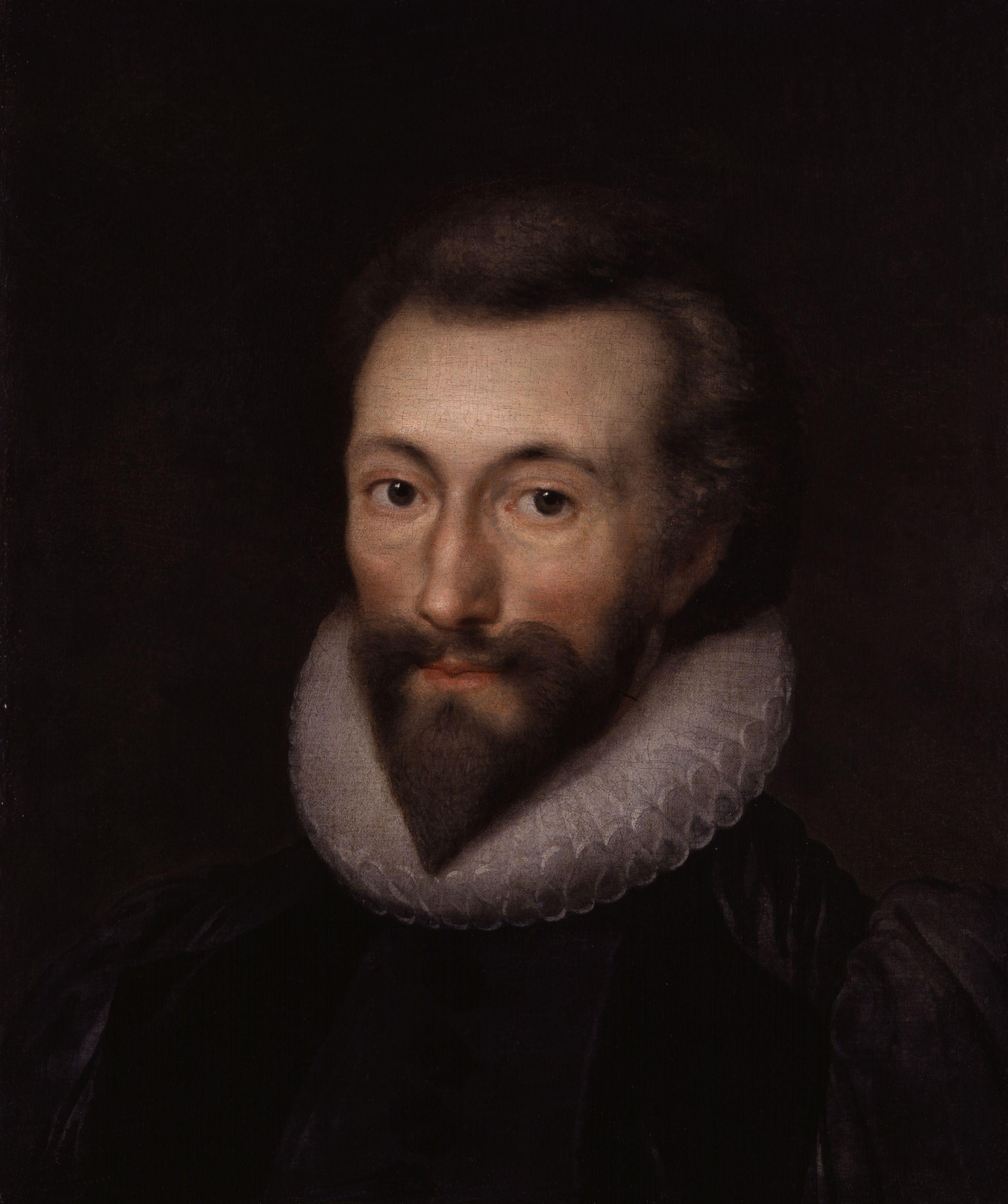Photo AI
Last Updated Sep 26, 2025
Context Simplified Revision Notes for A-Level OCR English Literature
Revision notes with simplified explanations to understand Context quickly and effectively.
383+ students studying
Context
Donne's Life
-
Birth**:** John Donne was born on 22nd January 1572 in London to a Roman Catholic family.
-
Education**:** He attended Hart Hall, Oxford, in 1583, and the University of Cambridge in 1586. He did not receive a degree due to his refusal to take the Oath of Supremacy.
-
Early Career**:** Donne began studying law at Lincoln's Inn in 1592, seemingly destined for a legal or diplomatic career.
-
Religious Turmoil**:** In 1593, Donne's brother Henry was convicted of harbouring a Catholic priest and died in prison, leading Donne to question his Catholic faith.

-
Military Service**:** He fought against the Spanish at Cadiz in 1596 and the Azores in 1597.
-
Marriage**:** In 1601, Donne secretly married Anne More, which led to his imprisonment and loss of his position, leaving the couple in near poverty.
-
Religious Conversion**:** In 1615, Donne converted to Anglicanism and was appointed Royal Chaplain, becoming a respected preacher.
-
Later Life: Donne became Dean of St. Paul's Cathedral in 1621 and continued to write, focusing increasingly on death and spirituality. He died on 31st March 1631.
Literary Influences on Donne's Writing
- Metaphysical Poetry**:** Donne is a leading figure among the Metaphysical poets, known for their intellectual vigour, complex imagery, and use of conceits (striking comparisons of dissimilar things).
- Religious Conflict: His works often reflect his religious struggles, transitioning from Catholicism to Anglicanism, deeply influencing his religious poetry, particularly the Holy Sonnets.
- Classical and Contemporary Sources: Donne drew upon classical literature, contemporary politics, and religious debates, blending them with personal experience to create highly original poetry.
- Influence of Contemporary Poets**:** Donne was influenced by contemporaries such as Ben Jonson, who admired his work, though others like John Dryden and Samuel Johnson were more critical of his style.
- T.S. Eliot and Modern Revival: T.S. Eliot's 1921 essay on the Metaphysical poets revived interest in Donne's work, particularly for its anti-Romantic qualities and intellectual depth.
Themes and Style in Donne's Poetry
- Love and Eroticism: His early poetry often explores themes of love and desire, with complex metaphors and vivid imagery.
- Religion and Spirituality: Donne's later works focus on religion, mortality, and redemption, particularly in his Holy Sonnets and sermons.
- Conceits and Paradoxes: Donne is renowned for his use of conceits, combining seemingly unrelated ideas in a single metaphor, and his use of paradox to explore complex themes.
- Dramatic Tone: His poetry often adopts a conversational or dramatic tone, reflecting the rhetorical style of his sermons.
Donne's Influence and Legacy
- Literary Influence: Donne's work influenced subsequent poets, particularly the Metaphysical school, and later writers like T.S. Eliot.
- Critical Reception: While his style was criticised in the 18th century for being too complex and particular, Donne's reputation was revived in the 20th century as critics appreciated his intellectual approach and emotional depth.
- Continued Relevance: Donne's exploration of universal themes such as love, death, and faith ensures his continued relevance in literary studies.
500K+ Students Use These Powerful Tools to Master Context For their A-Level Exams.
Enhance your understanding with flashcards, quizzes, and exams—designed to help you grasp key concepts, reinforce learning, and master any topic with confidence!
300 flashcards
Flashcards on Context
Revise key concepts with interactive flashcards.
Try English Literature Flashcards30 quizzes
Quizzes on Context
Test your knowledge with fun and engaging quizzes.
Try English Literature Quizzes29 questions
Exam questions on Context
Boost your confidence with real exam questions.
Try English Literature Questions27 exams created
Exam Builder on Context
Create custom exams across topics for better practice!
Try English Literature exam builder12 papers
Past Papers on Context
Practice past papers to reinforce exam experience.
Try English Literature Past PapersOther Revision Notes related to Context you should explore
Discover More Revision Notes Related to Context to Deepen Your Understanding and Improve Your Mastery
96%
114 rated
Metaphysical Poet - John Donne
Song ('Go and catch a falling star')
287+ studying
195KViews